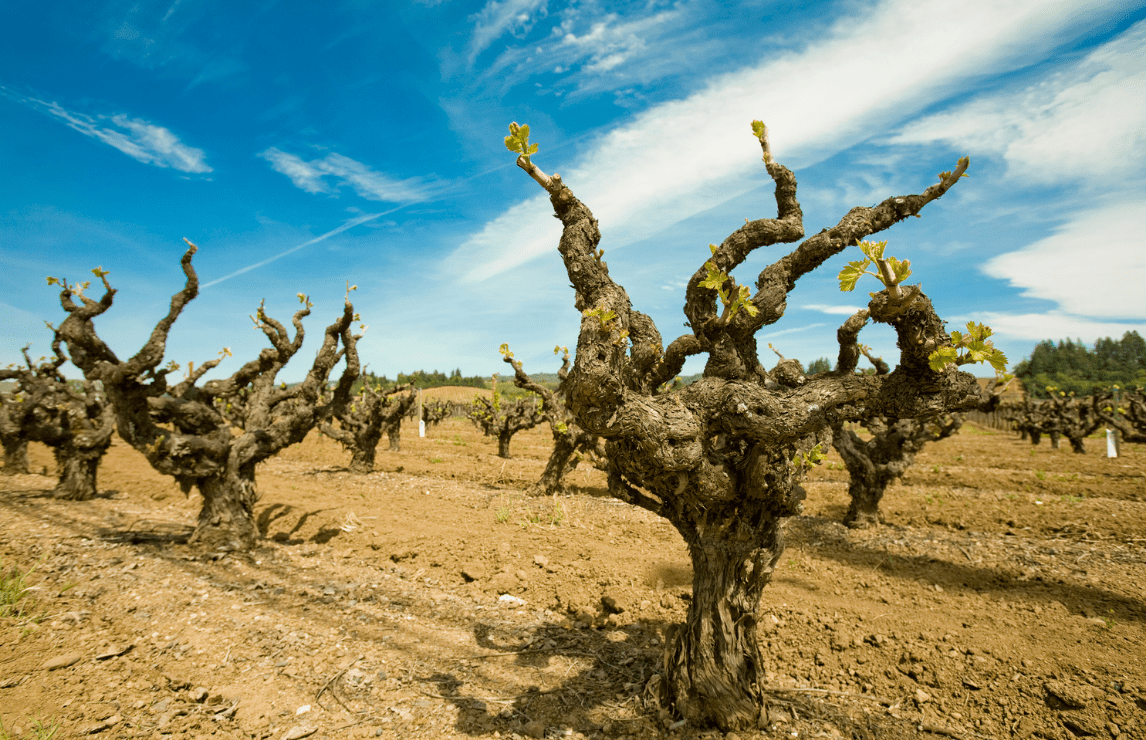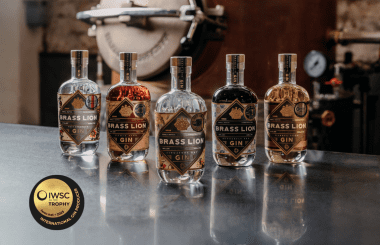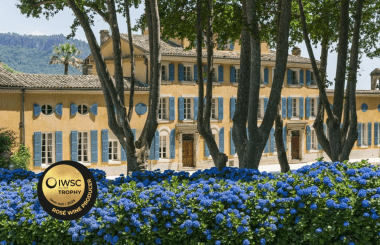Why bother with Old Vines?
They’re just old and worn out, right? A depreciated asset no longer economically viable. When we first launched The Old Vine Conference, we got that shrug from some. But there were many more growers, winemakers and journalists who are extremely bothered about old vines – or at least good old vines.
Not all old vines are equal. The Old Vine movement is not driven by sentiment or nostalgia. But where a healthy vine, a rightful place, and indigenous viticulture intersect, the world’s most beautiful and distinctive wines are born.
Around the world, individuals and groups are striving to nurture the very best blocks of old vineyards. South Africa’s Old Vine Project, instigated by viticulturist Rosa Kruger and run by Andre Morgenthal, is one of the most comprehensive. Their “Certified Heritage Vineyards” scheme now has scores of member wineries from across the country. These certified vineyards are the origin of South Africa’s most acclaimed contemporary wines. The South Africans have succeeded in raising not only awareness of the value of old vines but also of the prices paid for their grapes.
As Rosa Kruger says, “Old vines make wines that reflect the earth and the terroir they grow in. They exist because of the people who touched and tended them over many years. Wines from old vines reflect the vast and varied landscape of South Africa.”
The cultural value of old vines is fundamental to the identity of the Barossa and its growers, and their official grower organisation has made old vineyards a tenet of their communication and education program. The Barossa Old Vine Charter evokes the human lives bound up in tending these vineyards, with their “Survivor”, “Centenarian” and “Ancestor” categories. This charter is being adapted by other regions in Australia. As in South Africa, many of Australia’s most acclaimed and thrilling wines are from champions of great old vineyards.
In December’s Old Vine Conference, we heard from Australian viticulturist Dr. Dylan Grigg about his award-winning doctoral research into the qualities of old vines and old vine grapes and wine. Grigg’s research showed that old vines positively adapt to cope with stresses and threats, and that some these genetic adaptations are passed on to their offspring. Drought resistance is a common example, but there are many traits of both vine physiology and grape composition. Plant scientists are wary of anthropomorphism, but which old vines develop wisdom and resilience over time, that is captured forever in their genes.
Just so long as we don’t rip them all out.
New for 2022, the IWSC together with The Old Vine Conference is launching an Old Vine Trophy. Further information can be read here.



